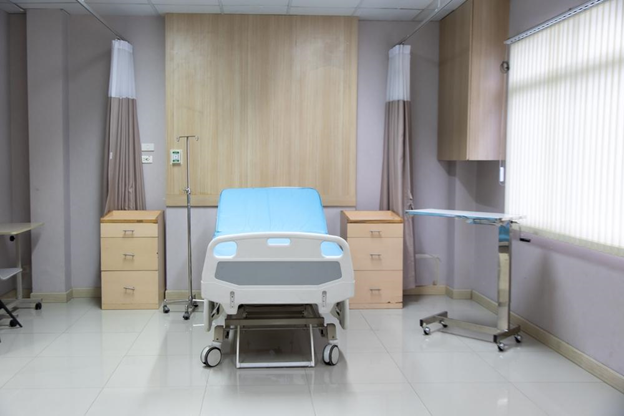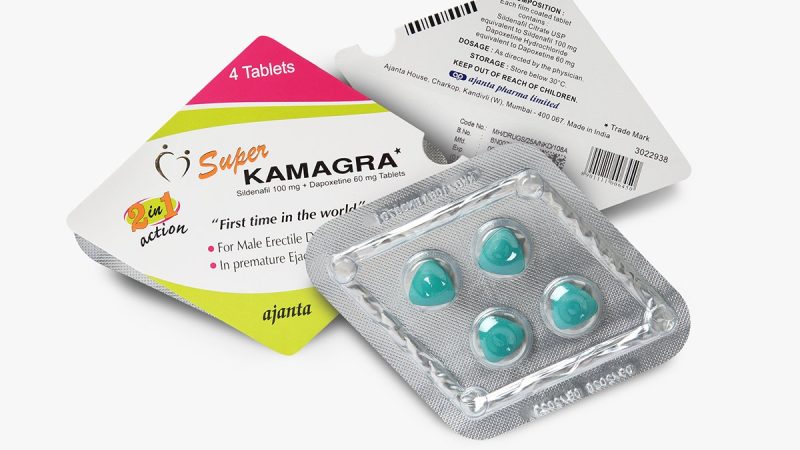ANSWERS TO THE COMMON QUESTIONS ABOUT COVID-19 VACCINATION AND TESTING

Worldwide vaccination against the covid-19 virus recently rolled out, and governments are keen on debunking any myths about the vaccines and their impact on testing. Some of the frequently asked questions about covid-19 vaccinations and testing include:
- Does the covid-19 vaccination make you test positive for covid-19?
- Does the vaccine affect the covid-19 test?
- Does someone need to be tested for covid-19 if they have symptoms regardless of taking the shot?
- Will testing be necessary after the whole population gets tested?
This guide gives answers to some of these questions and helps you understand why rapid covid-19 testing will still be necessary post-vaccination as researchers strive to learn more about the virus.
Does the vaccine give you the covid-19 virus?
The approved covid-19 vaccines do not have any active covid-19 virus. The Pfizer covid-19 vaccine carries an artificially generated amount of viral messenger ribonucleic acid (mRNA). It has genetic instructions for your body to make the spike protein for coronavirus upon which your body formulates a protective immune response. On the other hand, the AstraZeneca vaccine packages viral DNA into a carrier (viral vector) based on chimpanzee adenovirus. When you are vaccinated, the DNA triggers your body to develop the spike protein again, prompting an immune response.
The side effects after vaccination, such as headache, fever, and fatigue, are temporary, and they are signs that the vaccine is working to develop your immune symptoms and are not signs of the coronavirus.
Does someone test positive after vaccination?
The truth is, a covid-19 vaccination does not affect the outcome of a covid-19 diagnostic test. The currently used covid-19 diagnostic test known as PCR detects the genetic material (mRNA) of the SARS-CoV-2, which is a test of current infection. The Pfizer vaccine contains mRNA, but it uses a small part of the entire viral, so it cannot replicate copies of itself which is necessary for it to be detected through a PCR. The AstraZeneca vaccine also contains a small amount of DNA, but it is put into an adenovirus carrier; therefore, it cannot replicate itself to give you an infection or test positive in a pcr test near me.
What of antibody testing after vaccination?
An antibody testing for covid-19 is used to detect a recent or prior infection of the virus. This test seeks to determine if your body has developed antibodies for covid-19 after being infected with it and recovered fully. Since your body produces antibodies as a response to vaccination, it may fight the SARS-CoV-2 the next time it encounters it and prevents you from severe symptoms. Antibody testing is also valuable in testing cases with unknown sources of covid-19 infections.
Does someone need covid-19 testing after vaccination?
As long as the virus is there, there will still be a need for covid-19 testing worldwide. It is indispensable because new variants of the virus are developing, and the efficacy of the vaccines against them is unknown. It is also unknown how long the immunity lasts after the vaccination, so testing is necessary when you feel any symptoms of the virus even after getting vaccinated.
The bottom line
The approach to covid-19 testing is unlikely to change even after people get vaccinated. Since the vaccine’s efficacy against emerging covid-19 variants is still unknown, testing will be necessary to determine developing immunity against the virus.







